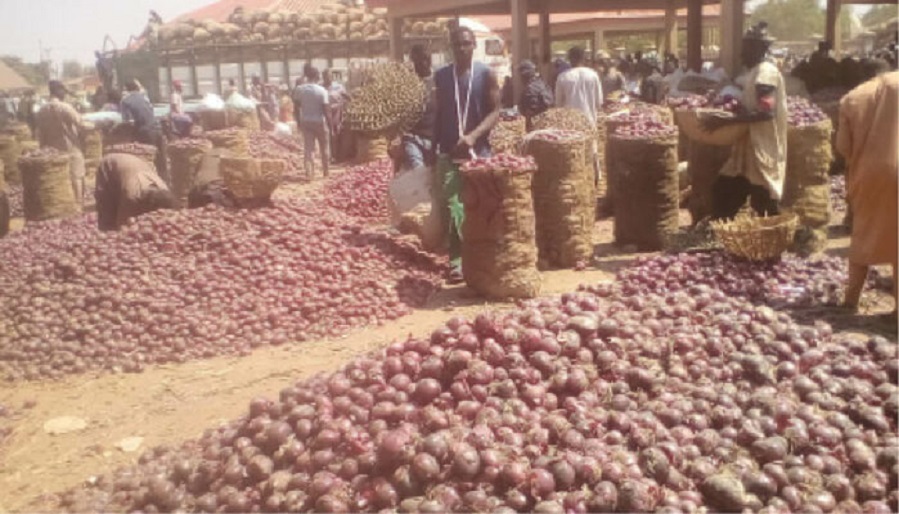Also, the Miyetti Allah Cattle Breeders Association threatened to sustain the food besiegement until the safety of its members in the south was guaranteed.
According to Mr Aliyu Mohammed, the coordinator of the Kwara State chapter of Miyetti Allah, the beleaguerment is a ‘’warning shot’’ to safeguard their business interest.”
“Except those who may decide to take other routes to get to the state or those who may act in defiance to the directive, the traders would not come from the north and those who come may be stopped or sanctioned,” Mr Mohammed added.
It was reported at the weekend that the north is diverting food items to Niger Republic and Cameroon, and that trade routes to the south have been besieged.
Trucks containing food items were stopped from moving south at Jebba in Niger State by some irate youths though the Nigerian Defence Headquarters said the military intervened and cleared the path.
Speaking on the matter, the national president of the Northern Consensus Movement, Mr Abdullahi Aliu, confirmed the diversion of food items from the north to neighbouring countries.
“As I speak to you, my people are already shipping their goods, onions, tomatoes and what have you to Niger (Republic), Cameroon, and other neighbouring countries through Illela border.
“Our people have already found a way of not wasting their goods. They will not be wasted. They will be sold just like the way they were being moved to the south-west, south-east or south-south. So, my people will end up not losing anything,” he had said.
The General-Secretary of the union, Mr Ahmed Alaramma, at a news conference in Abuja, confirmed that the DSS had in the morning invited the union leadership to a meeting, which ended 3.30 pm on Tuesday.
He, however, did not say if Mr Tahir was arrested before or after the meeting with the secret service personnel.
“Our president is at present with DSS right now. They came to invite us this morning because of this protest we are doing. Up till now, our President has not come out from that DSS office. So, this is the first day they are inviting us,” he said. The news conference ended 5 pm.
But the DSS, in a terse response to the invitation, was silent on the alleged arrest of the union leader.
“They attended a meeting at the headquarters as part of the service’s interventions to resolve issues. The meeting which started about 1:30 pm and ended at 3.30 pm today held in an atmosphere of peace,” said the DSS spokesman, Mr Peter Afunanya.
Meanwhile, the blockade of the food items from north to south has been removed after the aggrieved union suspended the action.





























